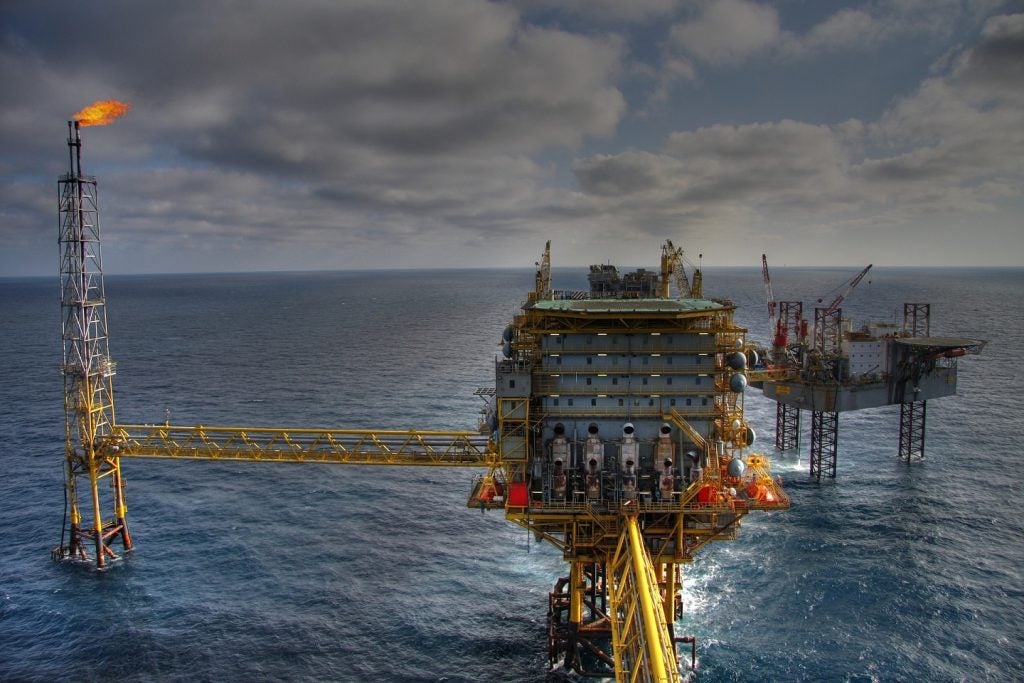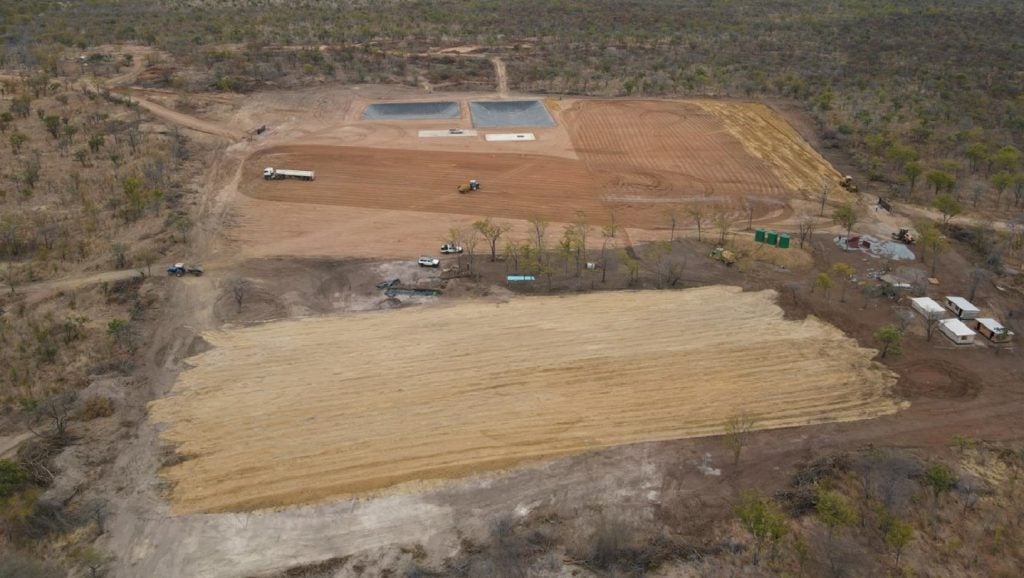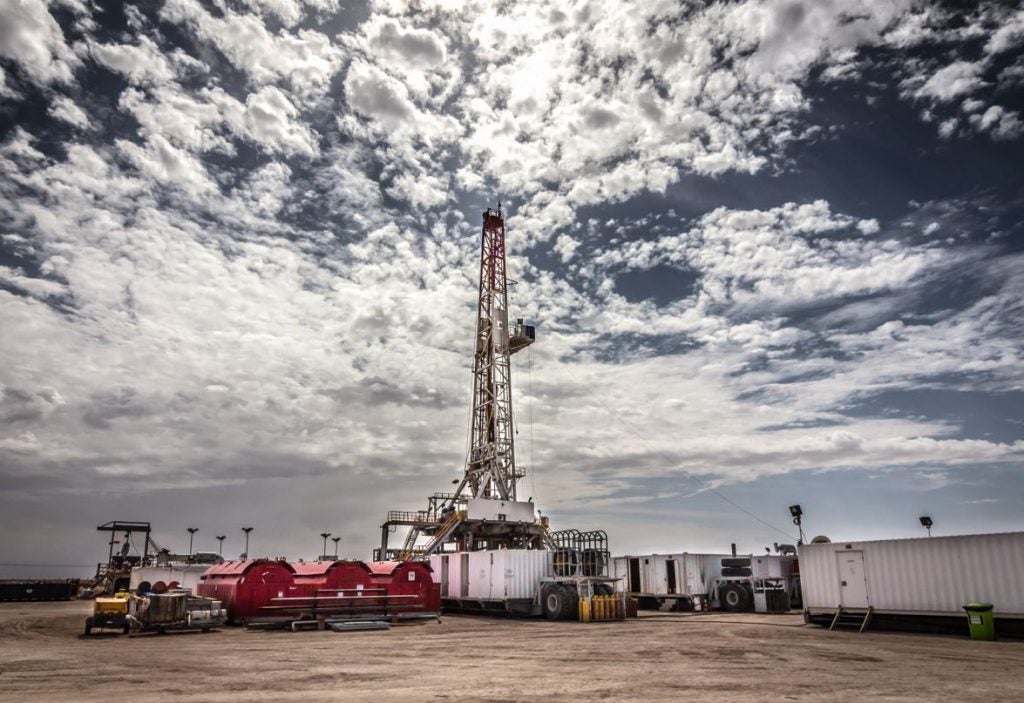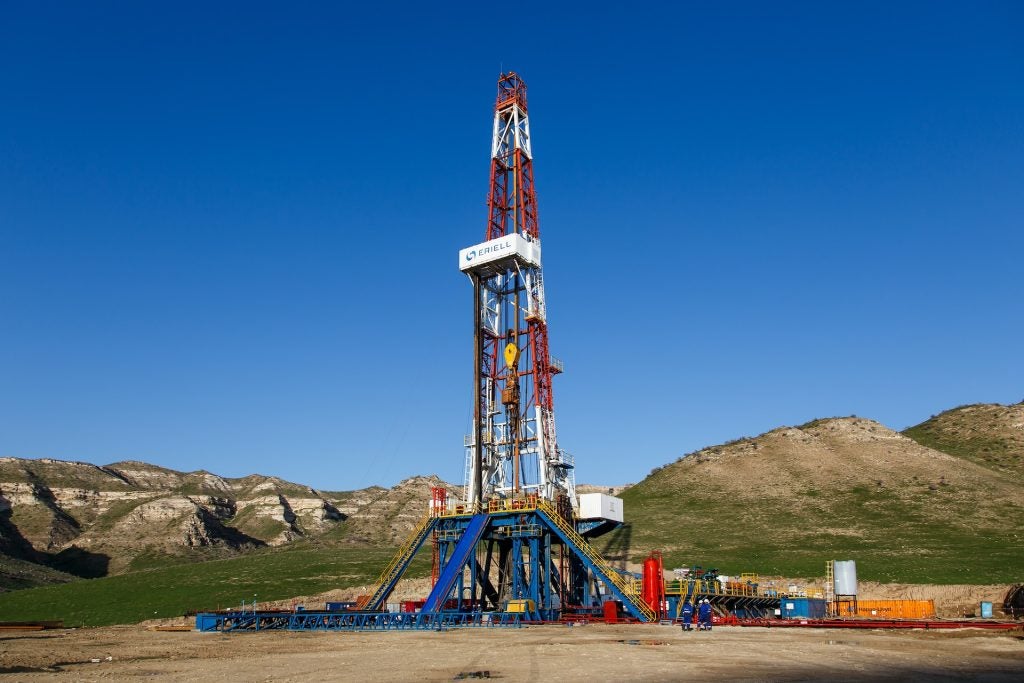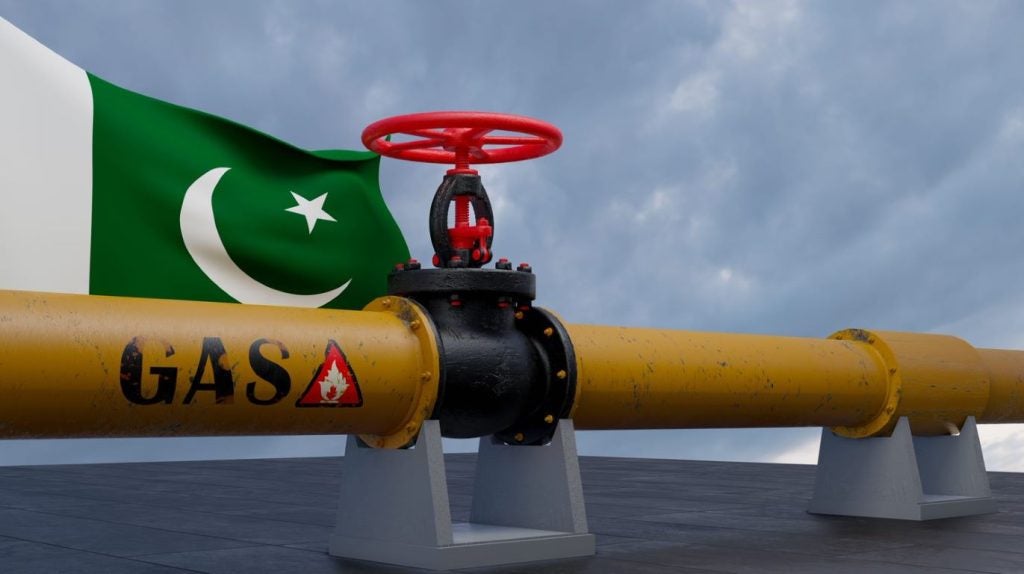Global oil and gas company Perenco’s UK subsidiary has announced that the UK Government has awarded it a licence to conduct an offshore carbon capture and storage (CCS) project in the North Sea.
Perenco will undertake the Poseidon CCS project as part of a joint venture with CCS company Carbon Catalyst at its 78%-owned Leman gas field in the North Sea. It will function by injecting carbon dioxide (CO₂) into depleted undersea gas reservoirs and saline aquifers for permanent storage. Leman is the UK’s largest depleted gas field.
Poseidon, set to begin operation by 2029, will initially inject 1.5 million tonnes per year (mtpa) of CO₂ into the Leman field. Over the projected 40-year period of the project, that tally is set to increase to more than 40mtpa.
The CO₂ will be transported to the Leman field via a pipeline connecting to the PUK Bacton terminal, which will initially receive and process the CO₂ from several onshore sources before sending it offshore.
Caron Catalyst executive director Henry Morris said: “Poseidon has the potential to make a very material contribution to the decarbonisation of the UK economy by storing up to 40 million tonnes of CO₂ per year into the giant depleted Leman gas field and overlying aquifer system. [Carbon Catalyst] is looking forward to supporting Perenco as they progress through the appraisal period towards final investment decision, with the ultimate goal of achieving first CO₂ injection by 2029.”
In May, the North Sea Transition Authority began awarding Perenco and 11 other companies 20 contracts for CCS in sites across the UK. In its Spring Budget, the government allocated £20bn ($25.3bn) of funding for CCS applications.
Jonathan White, general manager of Perenco UK, stated: “This is a fantastic opportunity to leverage Perenco’s deep experience of gas operations by developing a project that will help to support the UK’s energy transition, generate highly skilled jobs locally and nationally, and actively facilitate the government’s net zero targets.”




